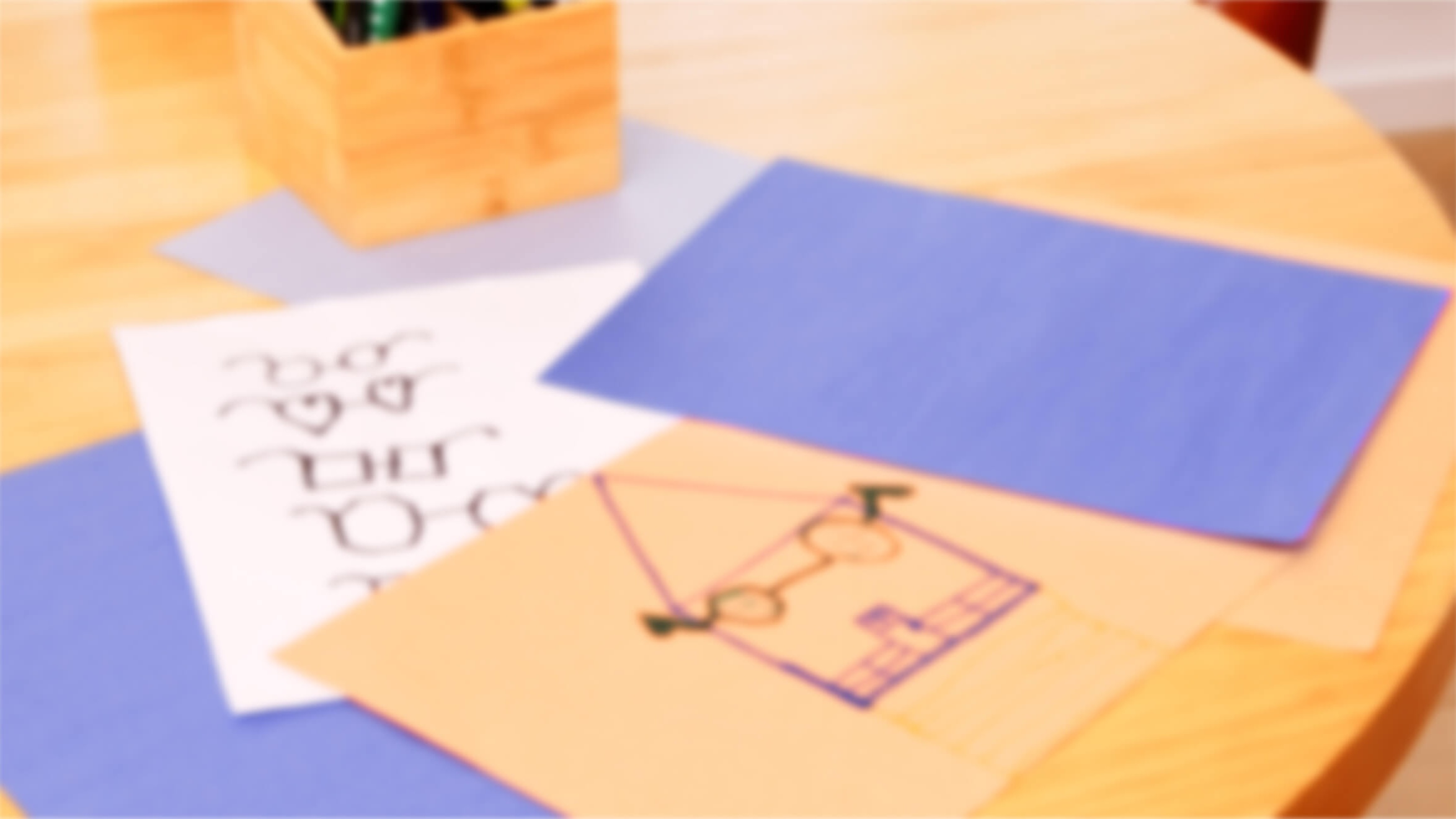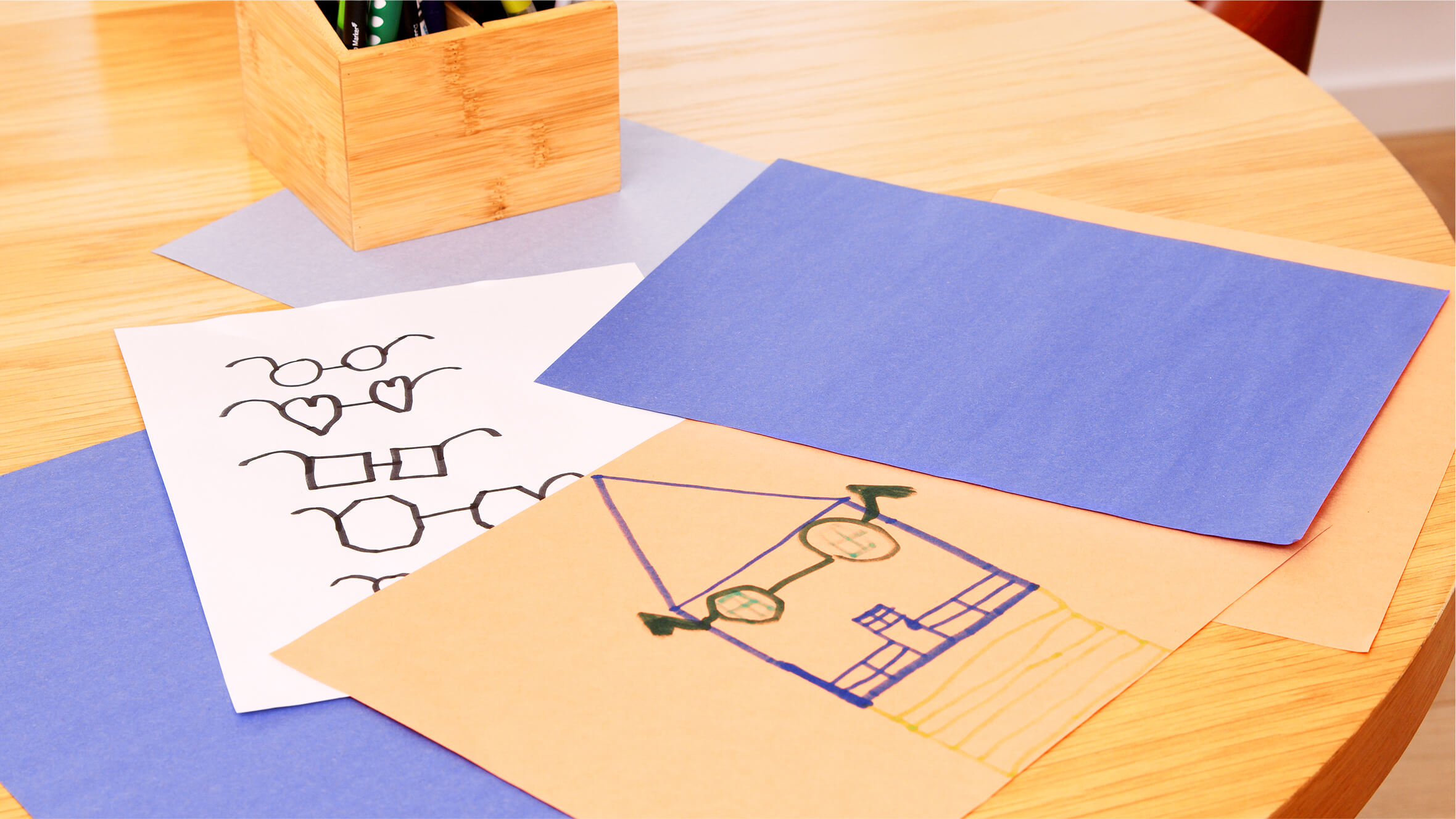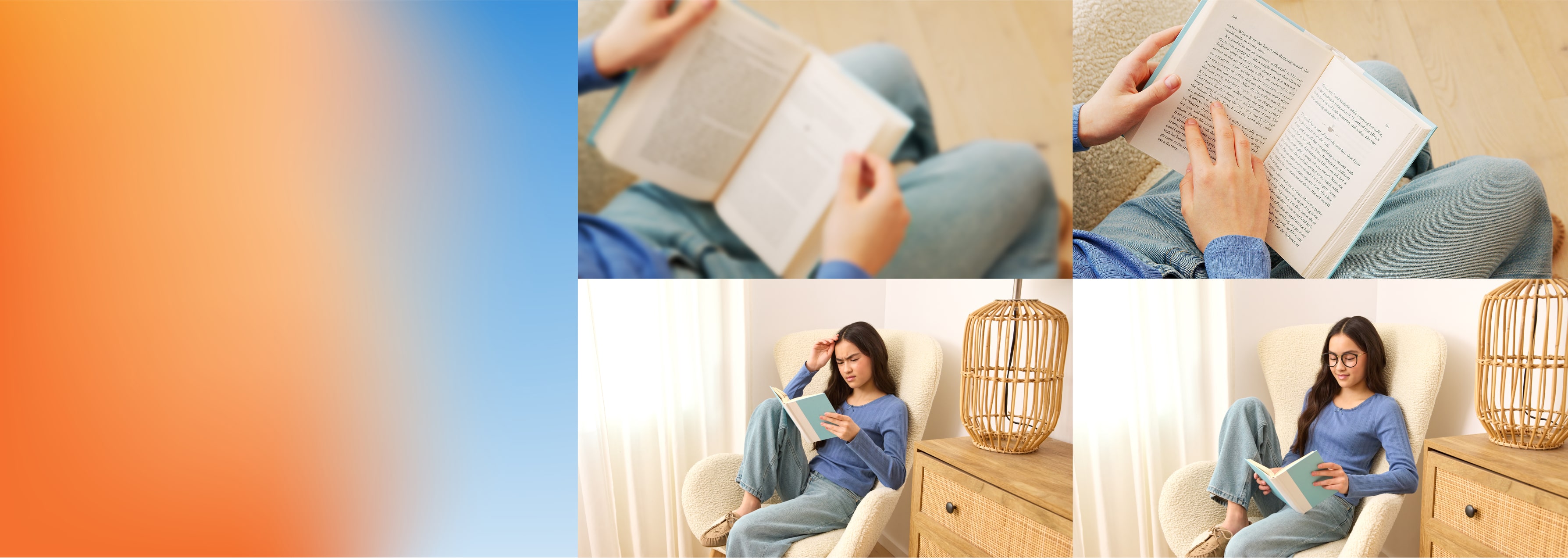
What is Myopia?
Myopia, or nearsightedness, is when distant objects appear blurry and near objects are clearer. This could be the whiteboard, tv or a stop sign. It occurs when the eye is too long, too curved or both.
30%
of the world's population is currently impacted by myopia
50%
of the world's population is estimated to be impacted by myopia by 2050
1 in 3
children will develop myopia within their lifetime
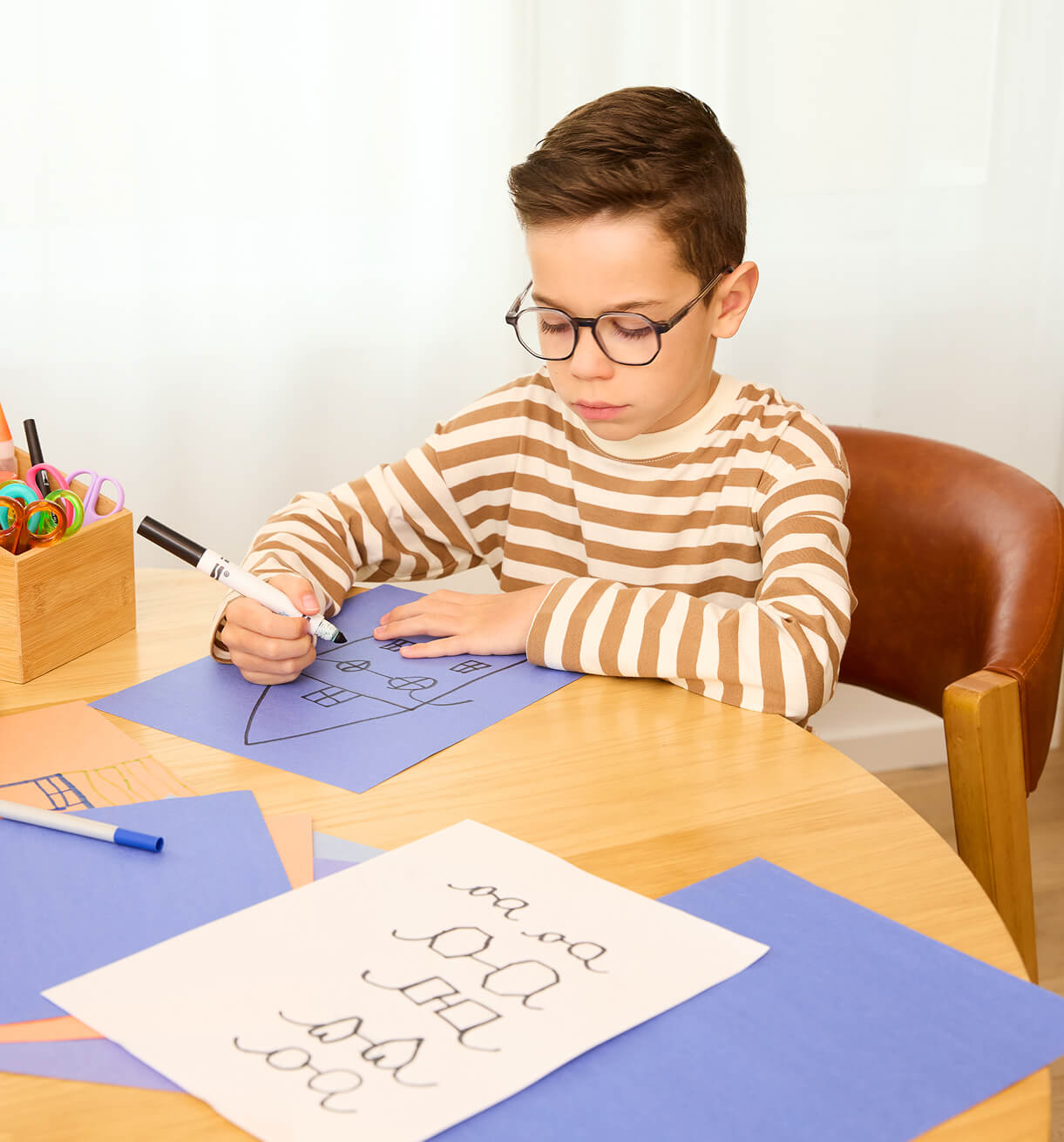
-6
-4
-2
0
Slide through the myopia simulator
How is myopia diagnosed?
Myopia can be diagnosed during a routine eye exam. It’s difficult for a child to communicate vision issues, and they’re difficult to detect on your own. If you’re noticing any changes in your child, book an eye exam to eliminate any guesswork.
Book an eye exam
What causes myopia?
GENETICS
Genes can play a role in developing myopia. Children with myopic parents are more likely to be myopic.
ENVIRONMENT
Research shows that a lack of natural light and more time spent indoors can also contribute to myopia progression.
LIFESTYLE
Screens are part of the curriculum, making near work on laptops hard to avoid. This is contributing to the growing rate of myopia.
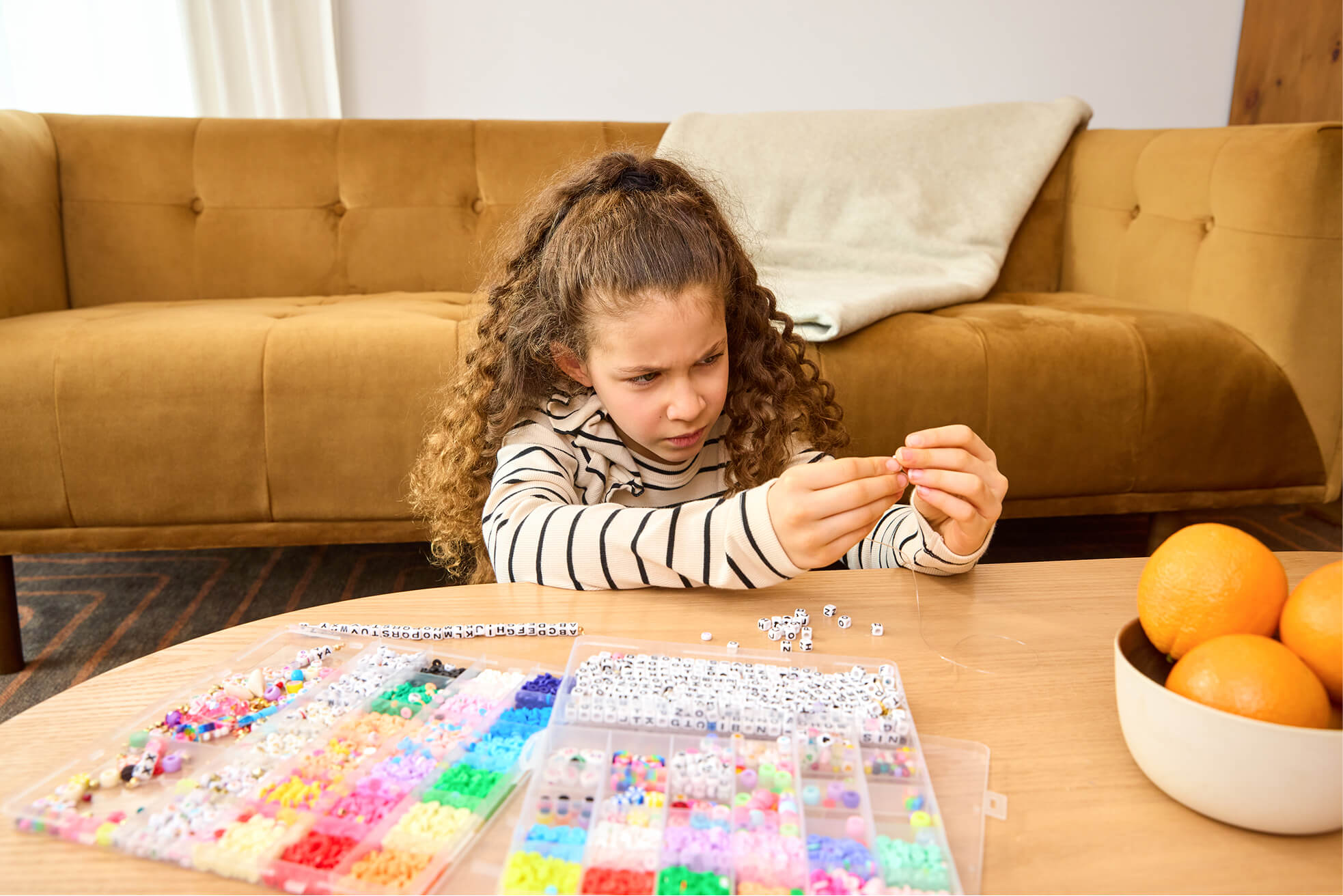

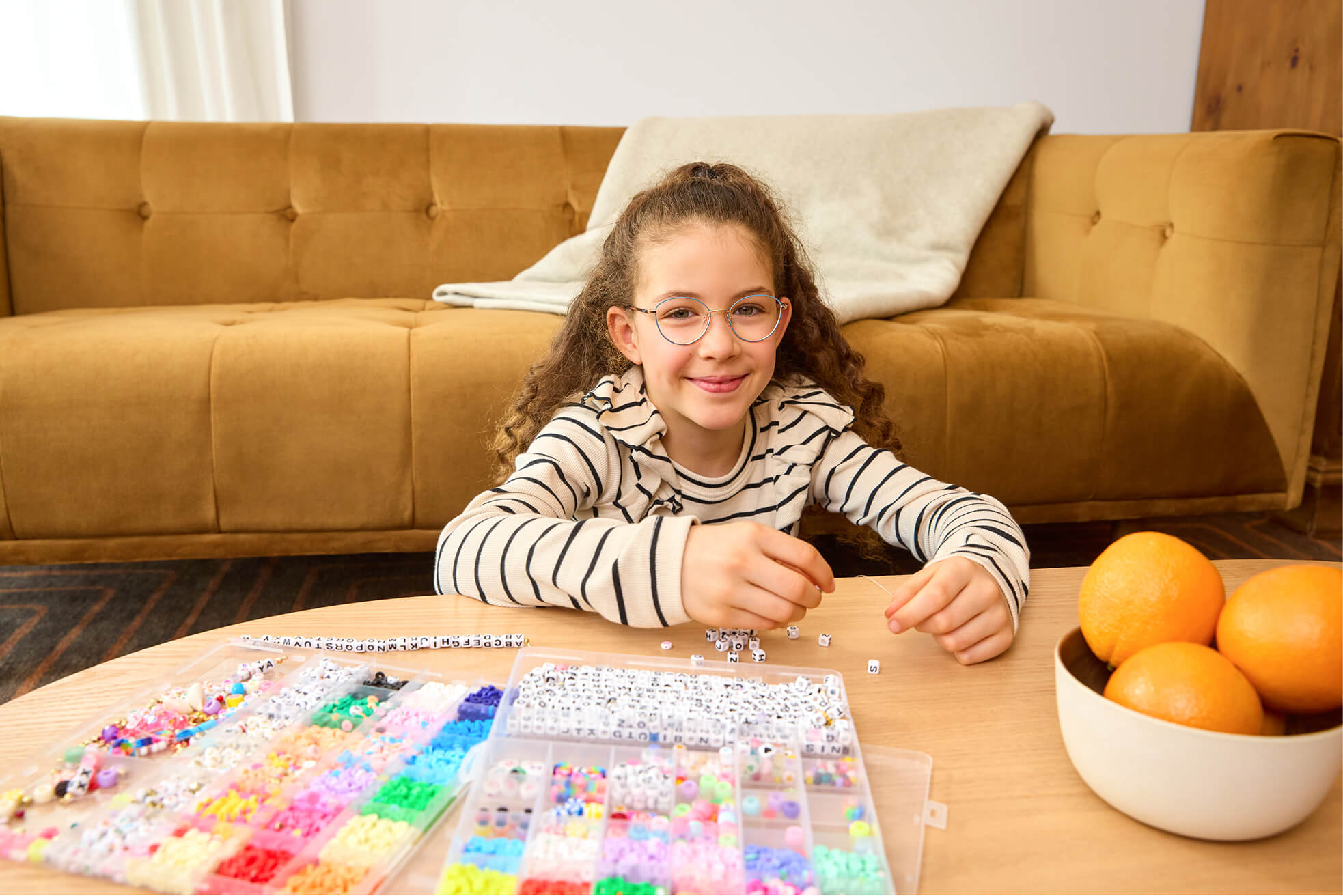

What are the symptoms of myopia?
It can be difficult for a child to communicate vision issues. But there are some signs to look out for:
moving closer to see something like the tv
squinting their eyes
rubbing their eyes
headaches
How is myopia treated?
While there’s no cure for myopia, treatment has come a long way. If your child is diagnosed with myopia, your eye doctor can slow its progression with a personalized myopia care plan.
A myopia care plan can include:
Specialized myopia glasses to help focus light and restore distance vision
Specialized myopia contacts for daytime to correct nearsightedness
Specialized eye drops which reduce eye strain and stop eye growth
Ortho-K contacts at night to help slow the eyeball’s growth
Everyone is different. Book an eye exam or stop by one of our eye clinics to ask about myopia care.








How is myopia treated?
While there’s no cure for myopia, treatment has come a long way. If your child is diagnosed with myopia, your doctor can slow its progression with a personalized myopia care plan.
A myopia care plan can include:
Specialized myopia glasses to help focus light and restore distance vision
Specialized myopia contacts for daytime to correct nearsightedness
Specialized eye drops which reduce eye strain and stop eye growth
Ortho-K contacts at night to help slow the eyeball’s growth
Everyone is different. Book an eye exam or stop by one of our clinics to ask about myopia care.
What else can I do to help?
In addition to myopia care, there are small lifestyle changes that can help your child, like:
taking screen breaks
spending more than 2 hours/day outdoors
getting regular eye exams


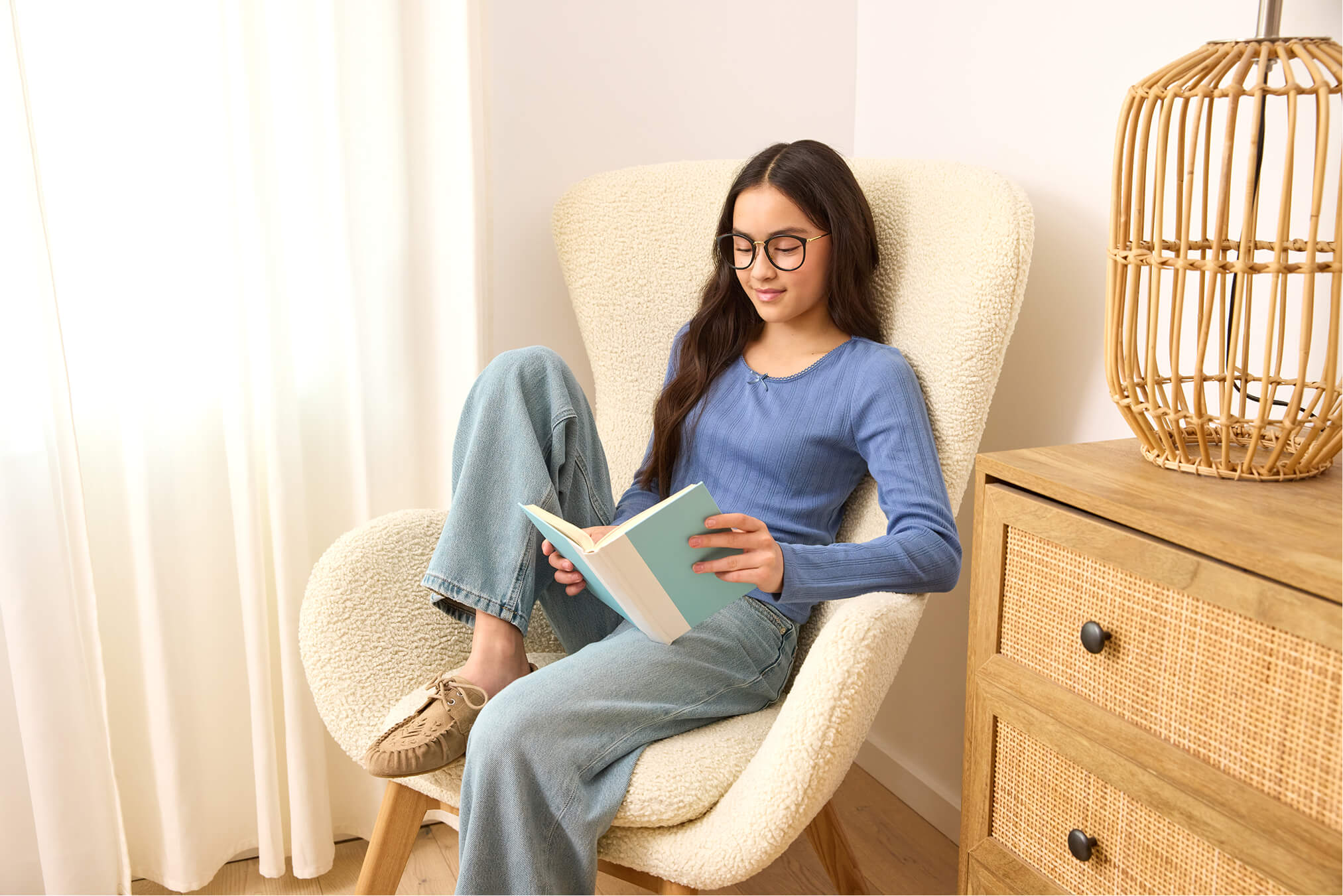

What if myopia isn’t treated?
If left untreated, myopia will progress. This can mean that as the eye continues to grow, your child’s vision can get blurrier and other issues may arise. The good news is that there are new treatment options that correct your child’s vision and slow myopia progression.
Ask about myopia care
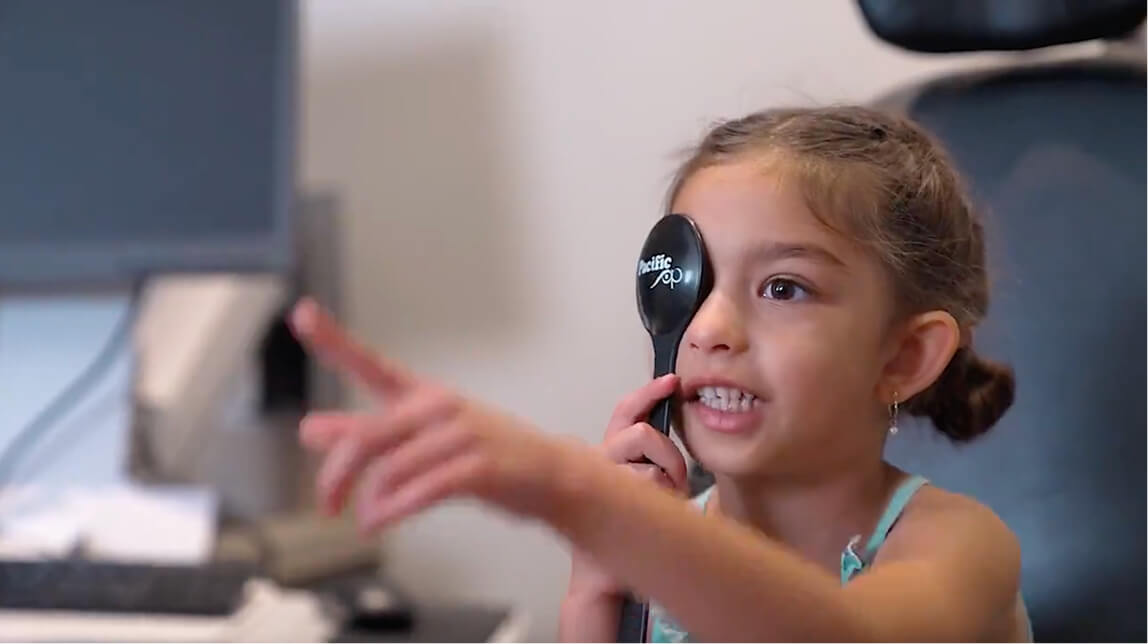
The FYi Difference
With 270+ locations across Canada, our expert team provides comprehensive myopia care using the latest diagnostic technology and treatment options.
The FYi Difference
With 270+ locations across Canada, our expert team provides comprehensive myopia care using the latest diagnostic technology and treatment options.

Lenses made in Canada

Doctor-recommended lenses for your unique vision needs

Customized lenses adapted to lifestyle and prescription needs

High quality control for lenses that meet our standards

Precise digital measurements tailor eyewear to your face, posture and prescription

Over 350 clinics across Canada




